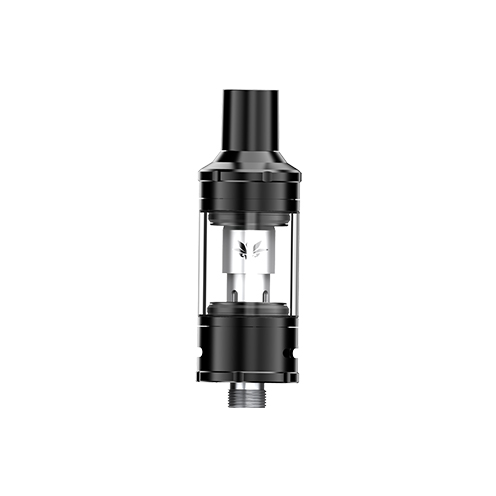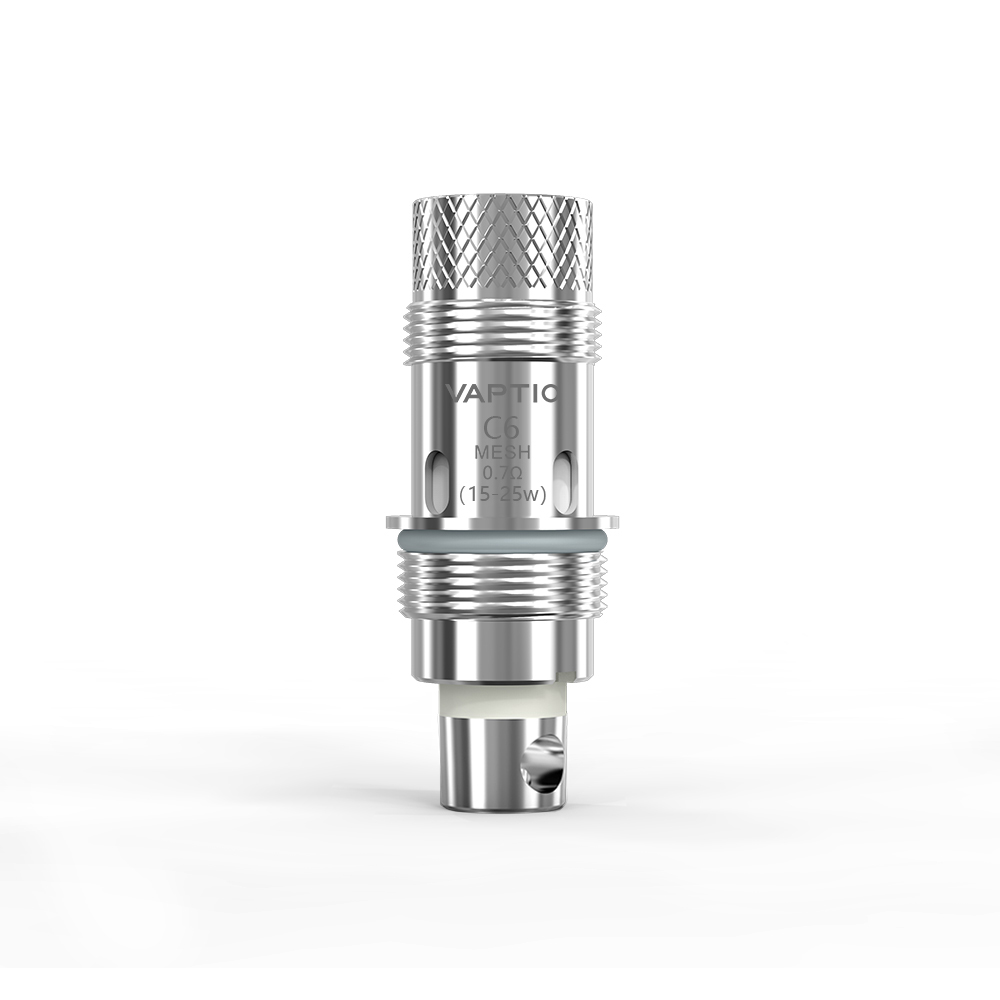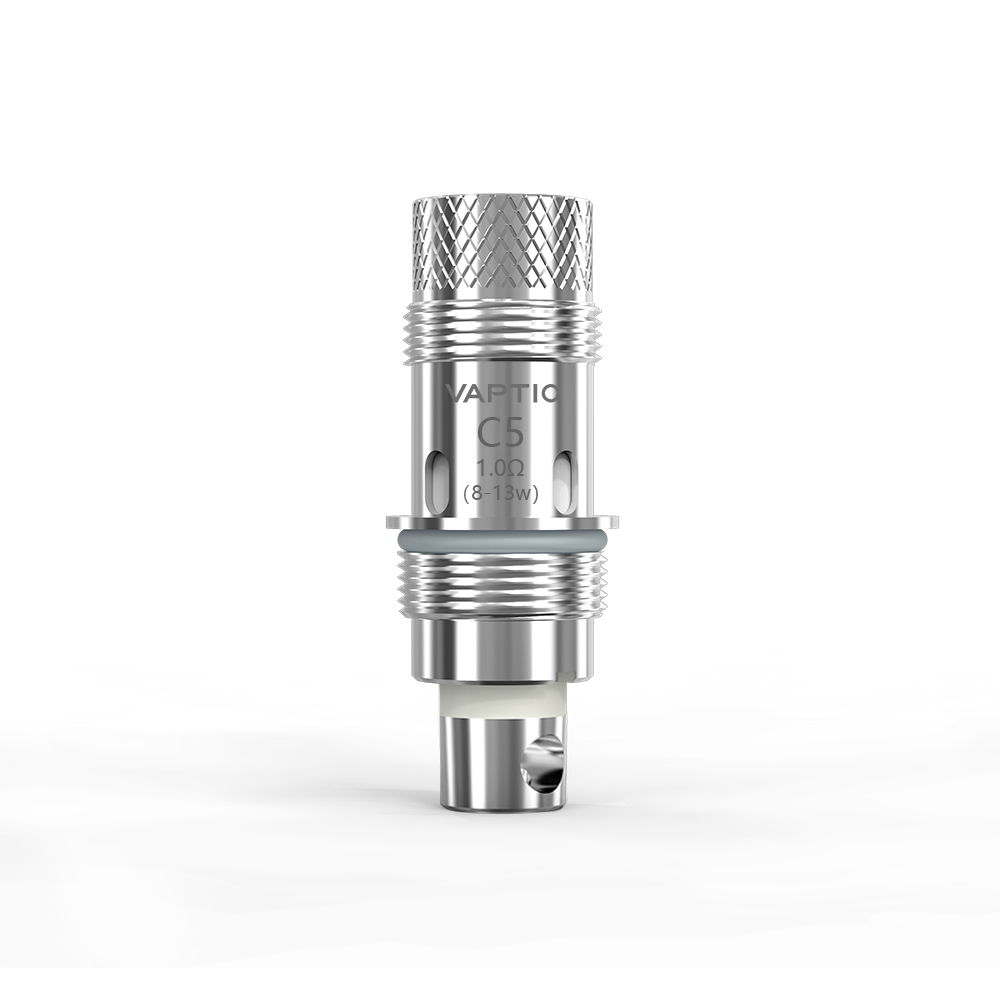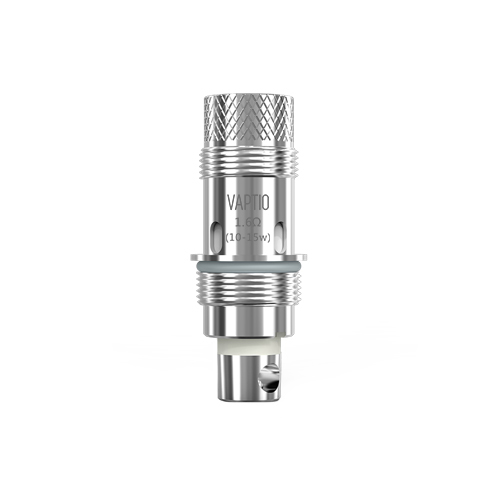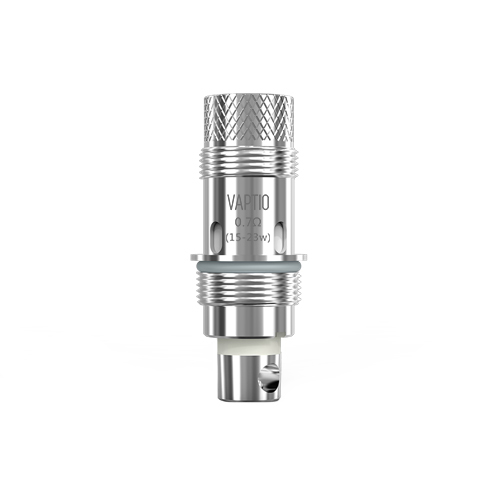The authors combined data from two large-scale survey datasets, BRFSS and NHIS, and observed, “as has been documented in previous studies estimating traditional cigarette demand equations, smoking declines when traditional cigarette tax rates increase.”
They also found evidence that adults are more likely to vape when higher taxes are placed on tobacco products, “which mirrors evidence from retail sales data using variation in e-cigarette prices.”
They said that their findings demonstrated adoption vape taxes reduced vaping in general – but “this finding is somewhat sensitive to sample definition and sub-group”.
“In particular,” they added, “evidence gleaned from the BRFSS only suggests that e-cigarette use propensity declines post-e-cigarette tax adoption, but not in our combined data set or the NHIS in isolation.”

Men reduced their vaping in response to rises in cost and vape taxes resulted in tobacco taxes having less impact as ex-smokers had less motivation to continue vaping and returned to smoking cigarettes.
They cited Peter Hajek, saying: “We hypothesise that adoption of an e-cigarette tax increases the price of a potential smoking cessation device which dissuades some smokers from attempting to quit or reduce smoking by taking up vaping in response to a traditional cigarette tax increase.”
“Moreover, e-cigarettes are perceived as effective smoking cessation devices and more effective than traditional smoking cessation options among some groups of smokers. Therefore, when the price of e-cigarettes is increased following adopting a tax, smokers may be less likely to attempt smoking cessation or smoking reduction.”
Twelve months later they noted several further studies demonstrating that “e-cigarette sales or use decline following a price or tax increase.” Two studies in particular (Jun and Kim 2020; Du et al. 2020) found “a negative association between e-cigarette tax adoption and e-cigarette use”.

When Italy imposed a crippling 80.5% tax rate on liquids in 2015, Ricardo Polosa said Italy’s approach to harm reduction was “schizophrenic” and accurately predicted the devastating impact it would have on vape businesses and smoking quit rates [link]. A report the following year detailed the “industry now all but destroyed by punitive tax” [link].
In 2017, Brian Fojtik called a proposed new York vape tax “anti-science” in the New York Post [link]. Proving the point, Stanton Glantz wibbled on about vaping luring teens into nicotine use and preventing smokers from quitting cigarettes, “Given these realities, this recommendation would justify taxing e-cigarettes at higher levels than cigarettes.”
Commenting on her research looking at ecig access and smoking cessation attempts during pregnancy, Janet Currie noted: “Traditional cigarette use typically declines during pregnancy, but our results show that laws limiting access to e-cigarettes slows down this decline, presumably because women are prevented from switching to e-cigarettes.” [link]
Legislators need to factor in the real-world consequences in their rush to balance the books. Fourteen states passed a cigarette excise tax increase of greater than $0.50 on e-liquid during Pesko, Courtemanche, and Maclean’s work - fourteen states driving ex-smokers back to smoking and blocking the offramp to current smokers.
News from: https://www.planetofthevapes.co.uk/news/vaping-news/2020-08-03_tax-report-update.html







